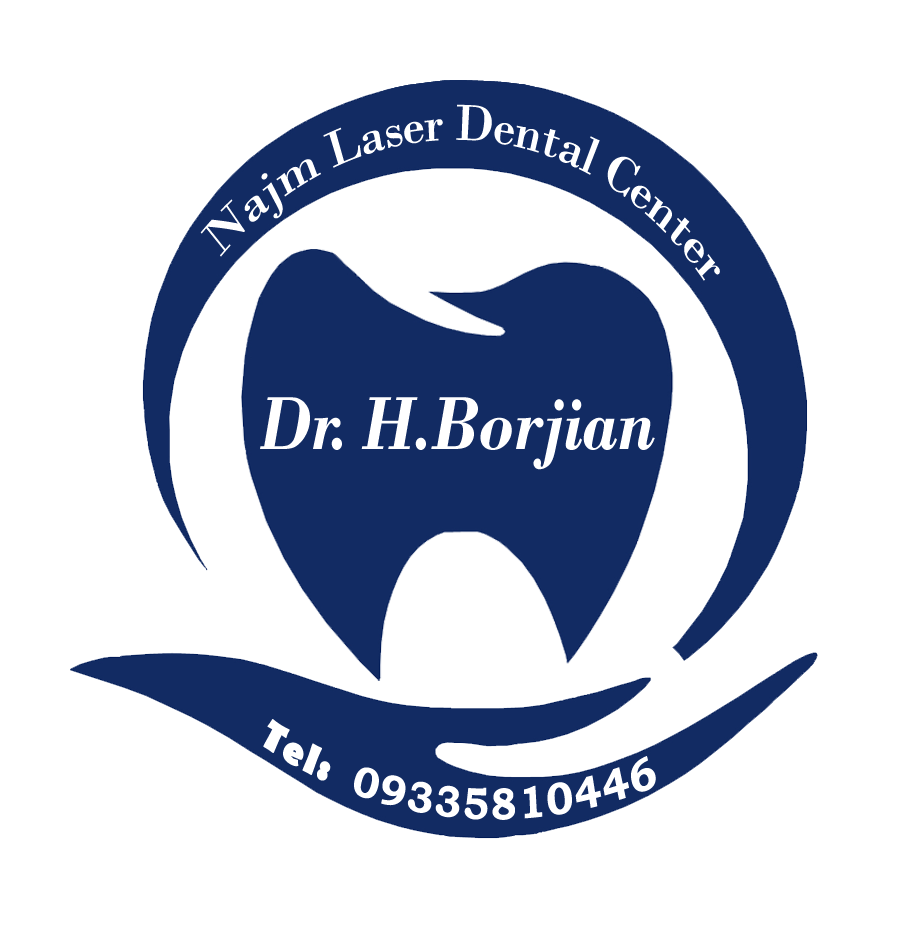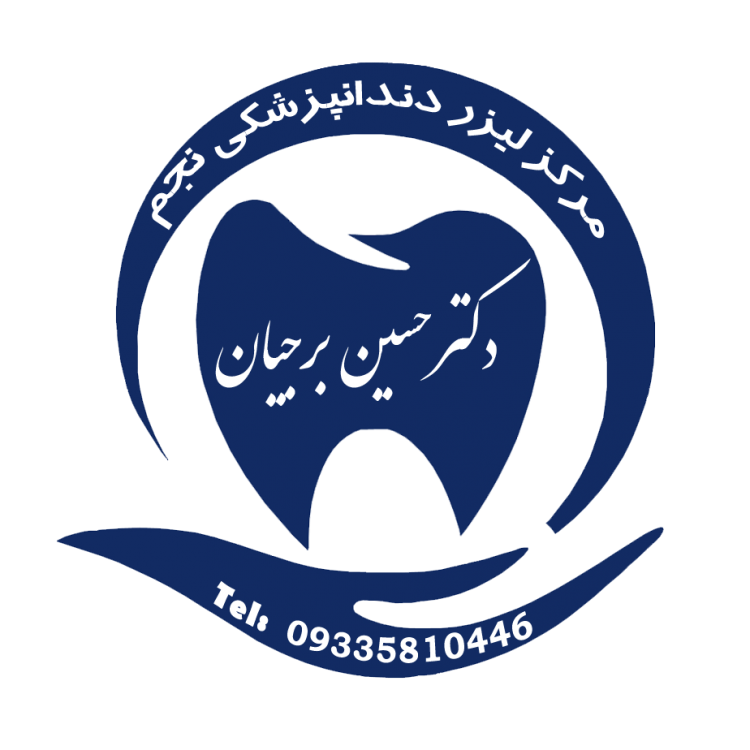Investigating Causes, Symptoms, and Treatment of Dental Absors
tooth abscess Is a painful infection that occurs in the root of the tooth or surrounding areas. This infection can be due to the bacteria that enters the dental pulp (The soft tissue that is inside the tooth) They can be created. Dental abscess can significantly affect one's quality of life and can lead to more serious problems if not treated properly.. This article examines the causes, symptoms, and methods of dental abscess treatment..
Causes of tooth abscess
Dental abscesses are usually caused by bacterial infection, which can be caused by the following.:
1. Tooth Decay
Tooth decay caused as a cavity in the tooth can allow bacteria to access the tooth pulp and cause infection..
2. Cracked or fractured tooth
Dental cracks or fractures can provide paths for bacteria into the tooth that lead to infection..
3. Gum diseases
Gum disease can cause bags around the tooth that can infect and lead to an abscess..
4. Inadequate dental treatments
Dental treatments that have not been fully performed or left unfinished can cause bacteria to remain inside the tooth and cause infection..
Symptoms of dental abscesses
Dental abscess can have different symptoms, some of which include the following:
1. Severe pain
Severe pain and pus that may spread to the neck, jaws or ears. This pain usually starts suddenly and worsens over time.
2. swelling
Swelling in the face or gum that may be seen as a painful protrusion.
3. Temperature sensitivity
Severe sensitivity to hot or cold foods and drinks.
4. Bad Breath
Infection may cause bad breath or bad taste in the mouth.
5. Then
In some cases, fever may also be a sign of serious infection.
6. Difficulty in swallowing or breathing
In severe cases, abscess may cause difficulty in swallowing or even breathing.
Dental Dental Diagnosis
diagnosis Abscess The tooth is usually performed by the dentist through clinical examination and some additional tests. These tests may include the following:
1. Radiography
Dental radiographs can help identify the exact location of the infection and evaluate the extent of its spread..
2. blood test
In some cases, blood tests may be necessary to check for symptoms of inflammation and infection.
3. Clinical examination
The dentist may be able to examine different areas of the mouth using different tools to find symptoms of infection.

View the official Instagram page of Dr. Hossein Borjian.
Treatment of dental abscess
Treatment of dental abscess Involves reducing pain and infection and preventing more serious problems. Therapies usually include the following:
1. Antibiotics
The use of antibiotics to combat bacterial infection. These drugs can help reduce infection, but should be used with dental treatments..
2. Discharge of the abscess
Discharge of the abscess to reduce pressure and pain. The dentist may cause a small incision in the abscess to drain pus and infection.
3. Root canal therapy
In cases where the infection has reached the tooth pulp, the dental root canal (root canal) May be necessary. This treatment involves removing infectious tissue from the tooth and filling it with special substances.
4. pull tooth
In cases where the tooth is not severely damaged and rescued, tooth extraction may be necessary.
5. housings
Use painkillers to reduce pain and discomfort caused by abscess.
Prevention of tooth abscess
Prevention of dental abscesses requires oral hygiene and regular visit to the dentist. Preventive measures include the following:
1. Brushing and flossing
Brush at least twice a day and use floss to remove plaques and prevent tooth decay.
2. appropriate diet
Eat healthy foods and avoid over -consumption of sweets and drinks.
3. Visit the dentist regularly
Regular visit to the dentist for periodic examinations and professional dental cleansing.
4. Avoid harmful habits
Avoiding harmful habits such as chewing hard objects that can cause toothpaste or fracture.
Conclusion
Dental abscess is a serious infection that requires urgent treatment. Early diagnosis and proper treatment can help prevent more serious problems. Oral hygiene and regular visit to the dentist can prevent dental abscesses and maintain oral health.. These preventive measures can help improve the quality of life and reduce the risks associated with oral infections..
Useful links: The best dentist in Isfahan _ The best gum surgeon in Isfahan – The best cosmetic dentist in Isfahan
The best dentist in Isfahan in the clinic 24 _ Treatment of mouth, jaw and face diseases in the clinic 24 _ Gum disease in the clinic 24
The best dentist in Isfahan at Dr. Of _ The best gum surgeon in Isfahan at Dr. Of _ The best cosmetic dentist in Isfahan at Doctor Of
Ways of communication with the specialized dental center of Najm
View the official Instagram page of Dr. Hossein Borjian.
Contents suggested by Dr. Hossein Borjian (The best dentist in Isfahan–The best gum surgeon in Isfahan–The best cosmetic dentist in Isfahan):
Comprehensive examination of dental abscess
Tips for treating mouth ulcers
Causes and symptoms of dental abscesses
Treatment of offensive brushing and treating it



